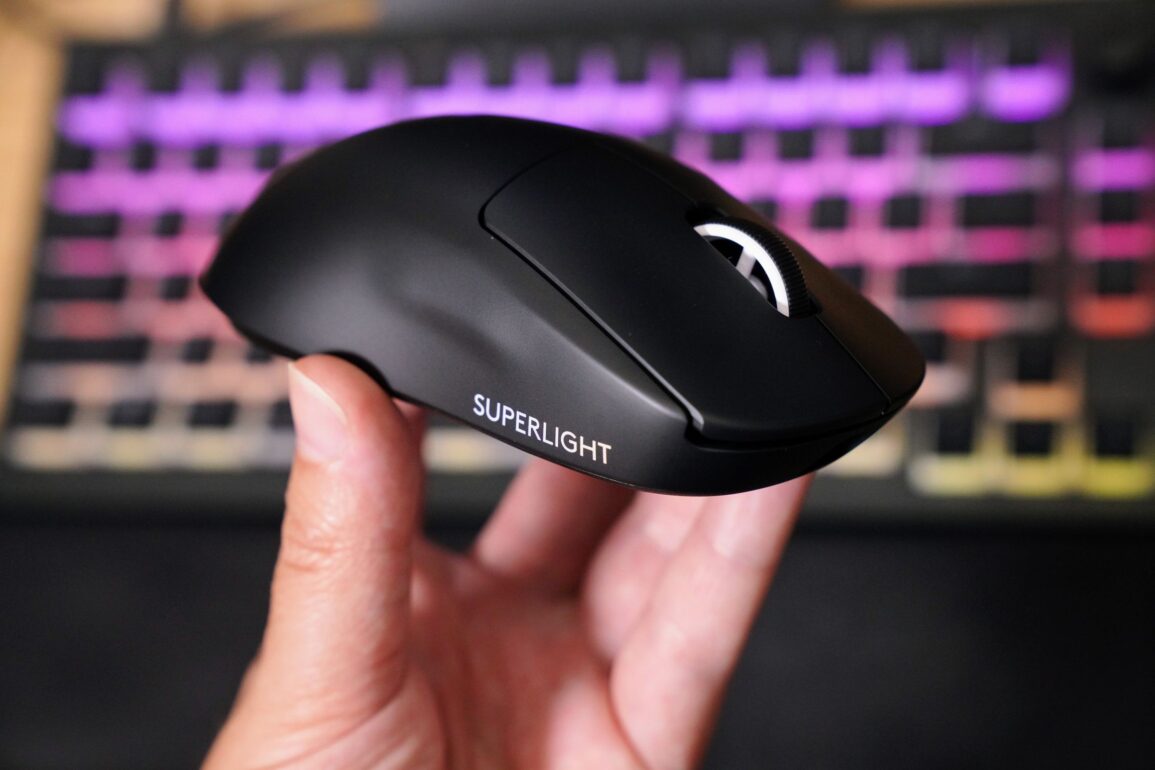At almost half the weight of my G502 with a new sensor and USB-C, I’m tempted to go Superlight.
If you buy something from a Verge link, Vox Media may earn a commission. See our ethics statement.
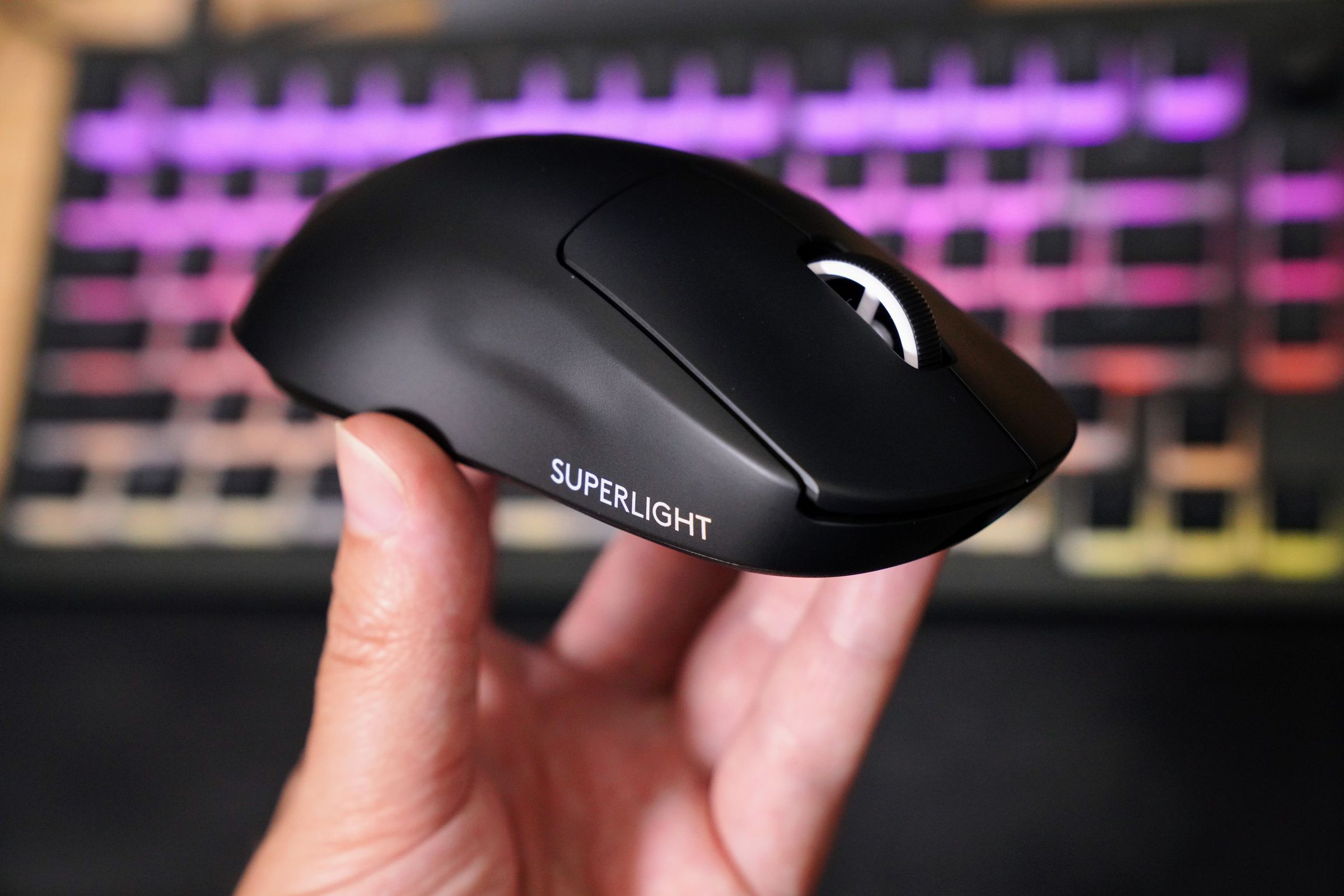
I called it the real magic mouse, but I can no longer look at my award-winning Logitech G502 Lightspeed quite the same way — because I’ve just been spoiled by a new mouse that’s roughly half its weight.
Logitech has just announced the G Pro X Superlight 2, the fastest and lightest mouse the company’s ever made, and after spending a very long Labor Day weekend blasting baddies and clicking desktop files, I’m already finding it hard to go back.
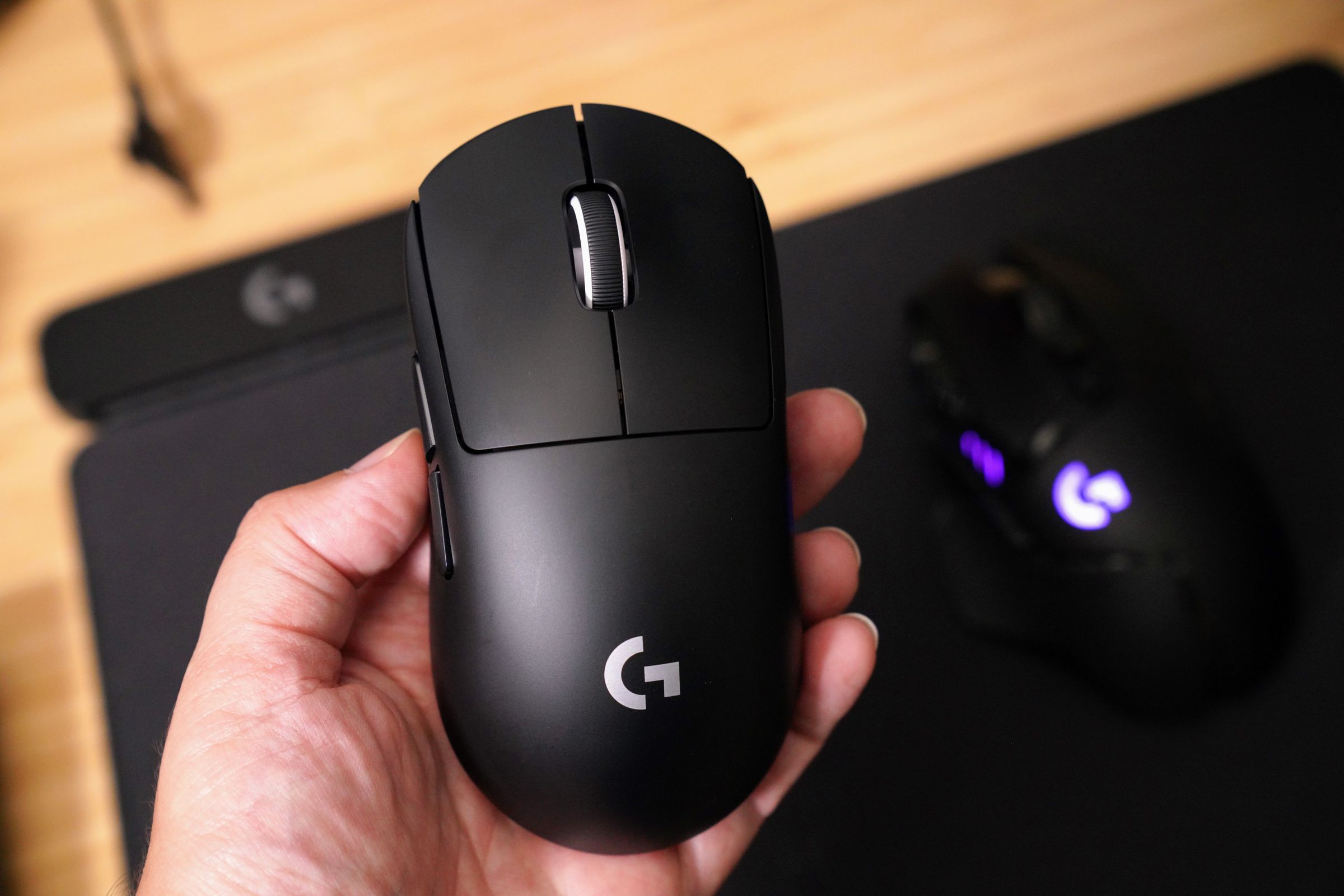
The $159 Superlight 2 weighs just 60 grams (2.1 ounces), down from the original 63-gram mouse and way lighter than my 114 gram G502 Lightspeed, all with no ugly holes punched in its simplistic sculpted black plastic frame. But unlike the original, which presented as a cut-down G Pro Wireless, the new Superlight 2 is actually Logitech’s most advanced mouse yet.
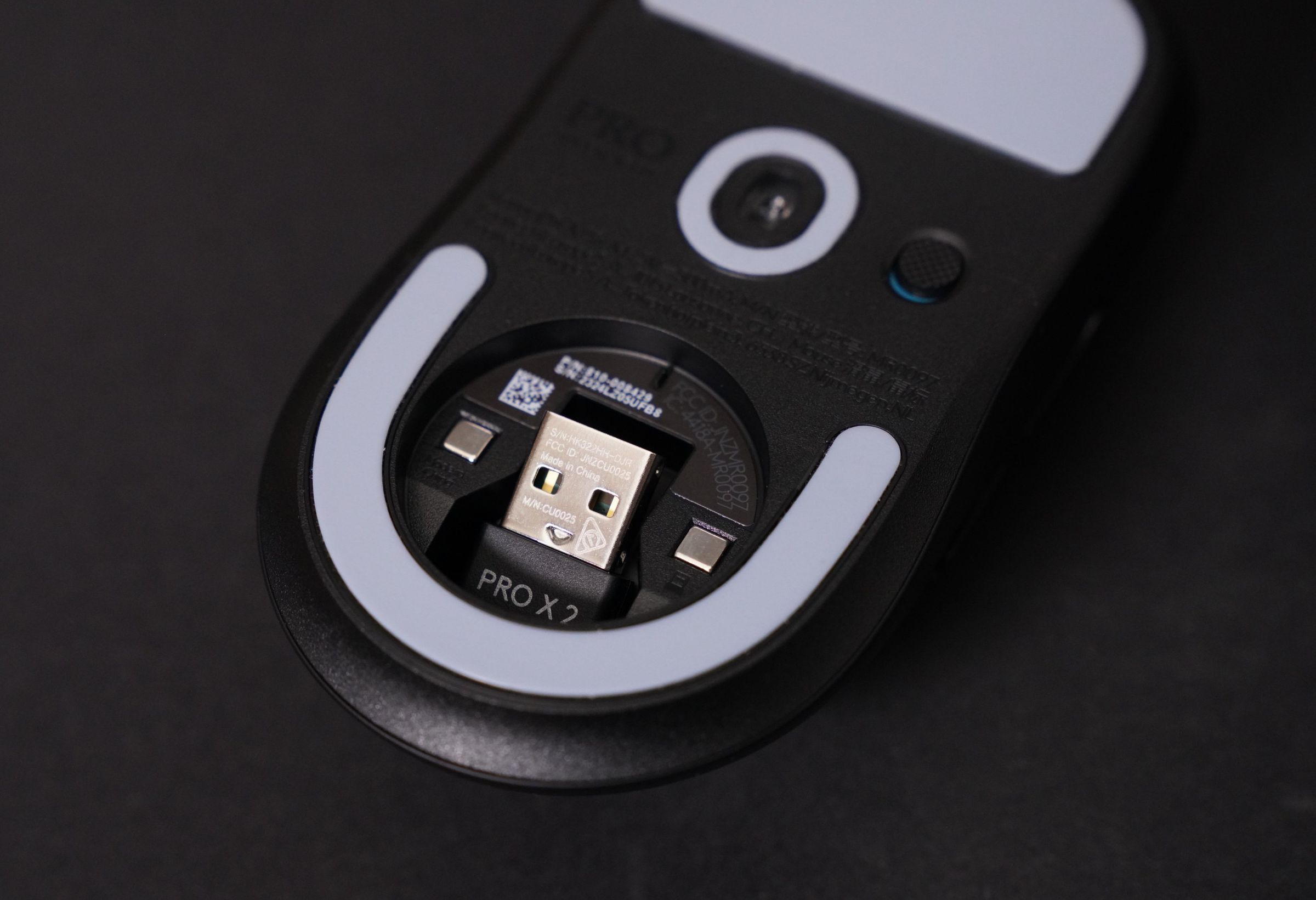
It’s the first with a 2kHz wireless report rate, and the first with a new Hero 2 sensor that tracks at 500 inches per second (and up to 32,000 DPI), with a “unique dual array design that increases working range and maintains tracking performance, even when lifting or tilting the mouse.” It also boasts 95 hours of battery life, up from 70 hours with the original Superlight. (That’s if you’re using its power-saving modes; the company’s G Hub software estimates I’ll get 51 hours without.)
I’m happy to say it’s still compatible with my beloved Logitech Powerplay wireless charging mousepad so you never run out of juice — only now I can more easily take it on the go because any old USB-C cable can let me charge and play!
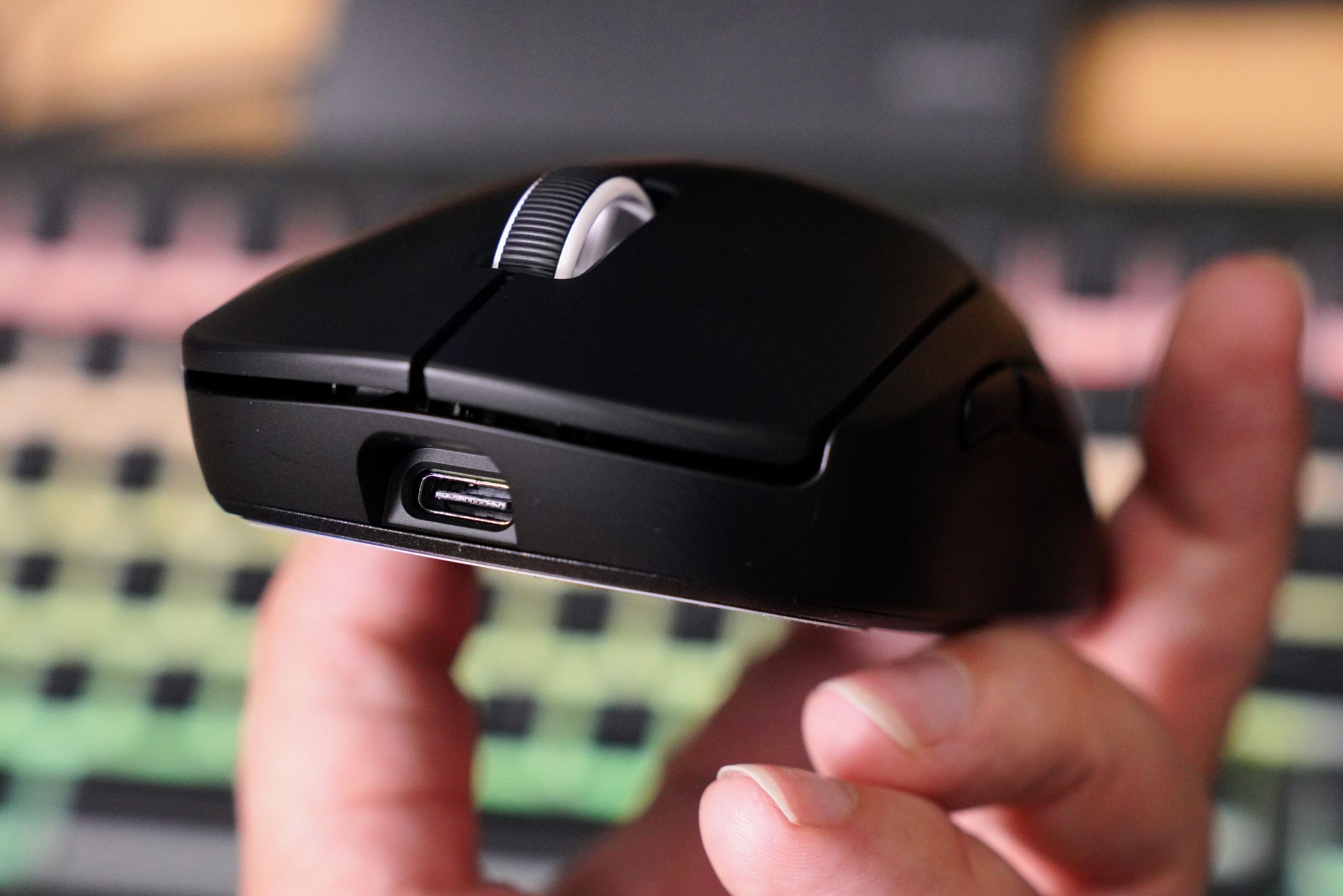
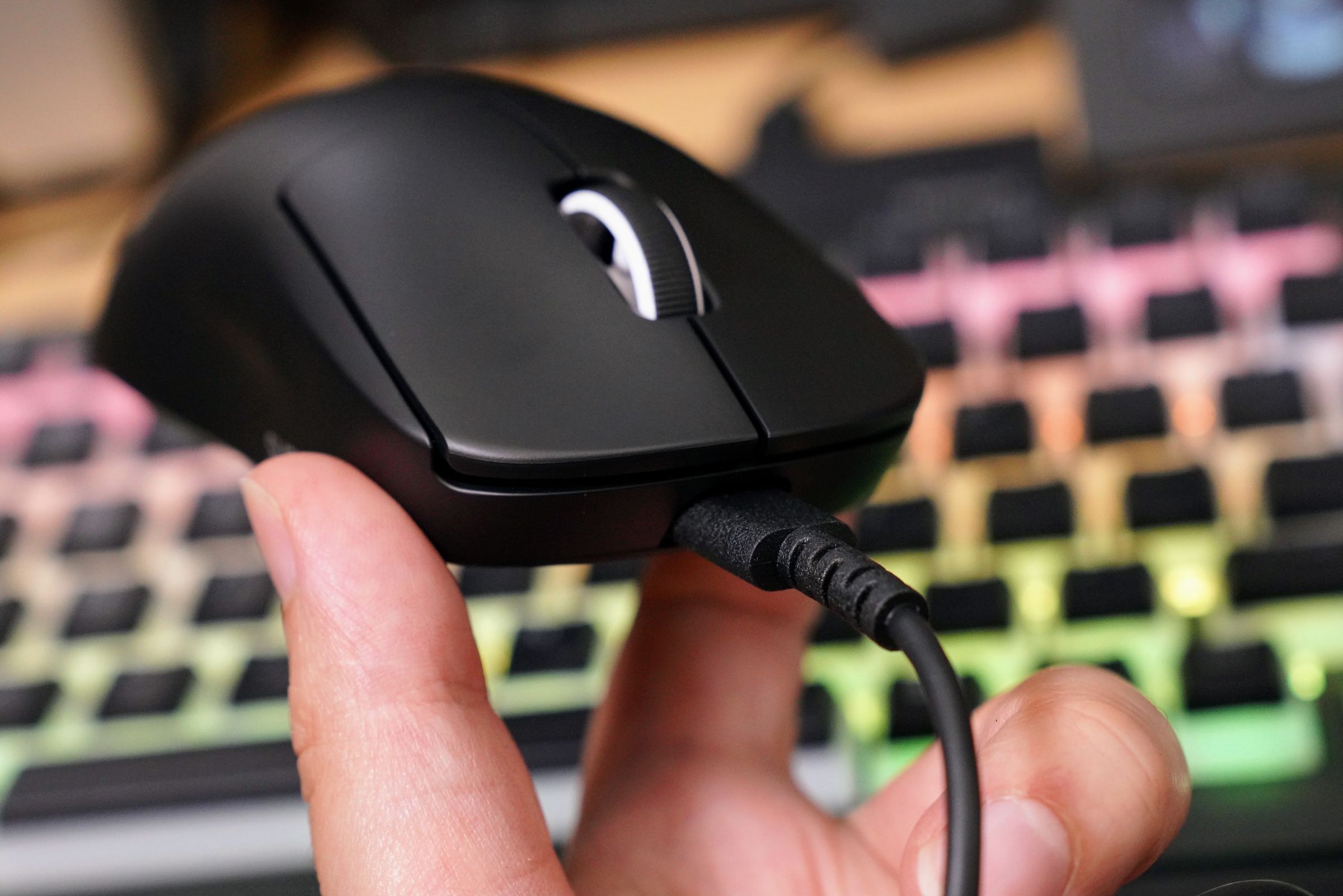
Yes, Logitech has done away with its annoyingly proprietary micro-USB connector heads, just like it did with the G502 X last year, in favor of USB-C.
Here’s the part where I admit I’m not an esports player who can readily feel the difference between 1kHz and 2kHz polling. But I will tell you this: I expected a learning curve, and what I got was simply a mouse I can fling around at high speed with way less effort. I don’t need to be as deliberate. I don’t know how much of it is the Superlight’s PTFE mouse skates and how much is the weight, but my G502 feels like a chore by comparison.
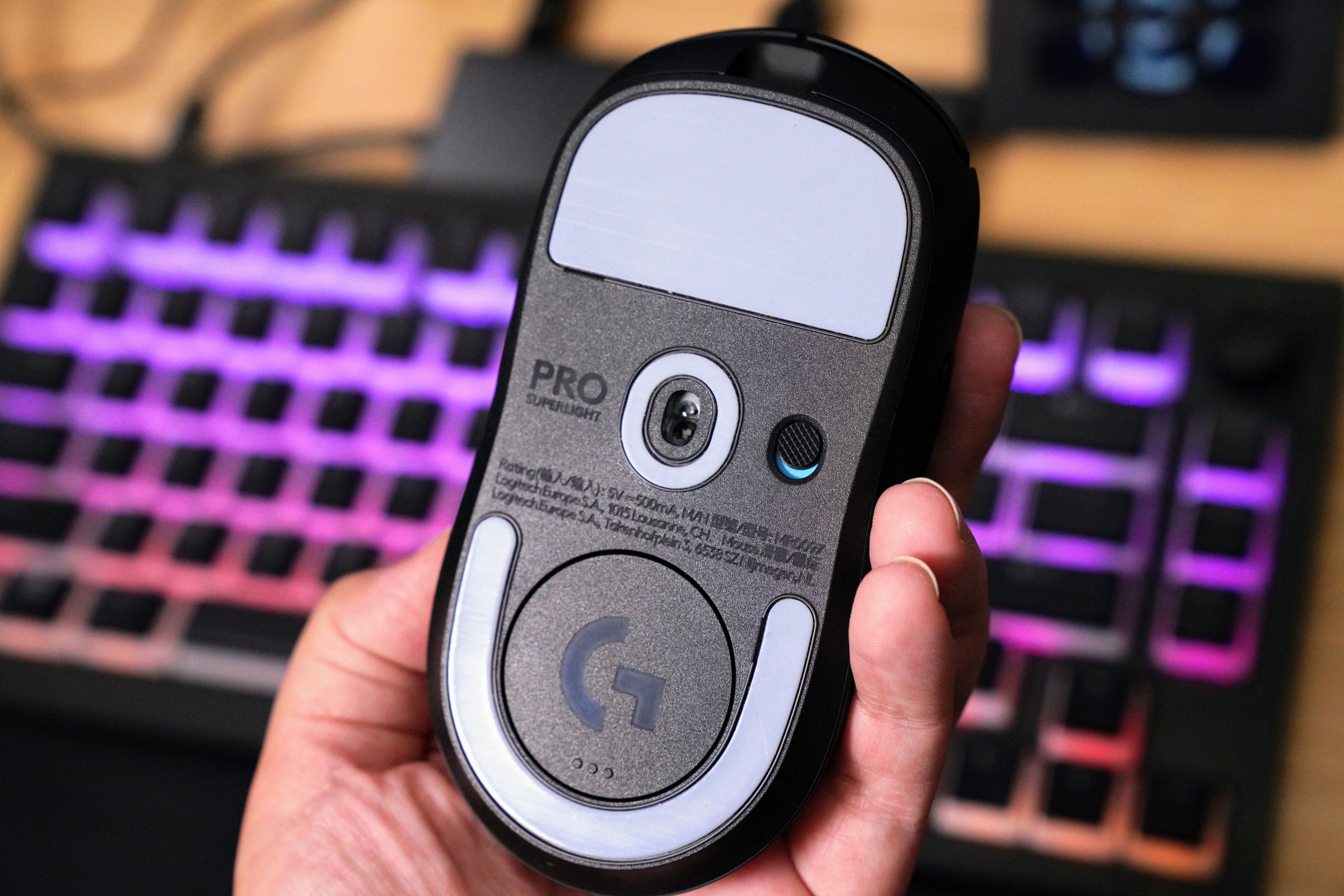
Still, I don’t quite feel the same way about Logitech’s Lightforce Hybrid Switches, which sit underneath the mouse buttons. They’re a hybrid of optical switches for high speed, and mechanical switches for tactile feedback and power savings — the mechanical switches wake up the optical ones by default.
But they are also very tactile and require a stronger click compared to the microswitches on my G502. I think they’re making me a tad slower in rapid-fire scenarios, but I also think I could get used to them after a while.
I don’t miss my G502’s sniper button, or its canted design with sharp edges, or the mouse wheel horizontal scroll buttons I never really used anyhow. As of today, there are only two features Logitech would need to add to make this mouse a definite purchase for me: the company’s trademark dual-mode hyperscroll wheel for blazing through documents and websites with a flick, and some DPI adjust buttons so I can change sensitivity on the fly.
I doubt those features will make it into a Superlight, because Logitech’s targeting this mouse to tournament gamers above all — but personally, I want to buy just one mouse for work and play.
The G502 X weighs 102 grams, I suppose… but would that be enough of a difference from my G502’s 114g? Meanwhile, the Razer mouse atop our best gaming mouse guide weighs 112g. So much for my mouse endgame.
The Logitech G Pro X Superlight 2 goes on sale today, alongside a new wireless RGB keyboard, the TKL Lightspeed.
This post was originally published on this site be sure to check out more of their content.




